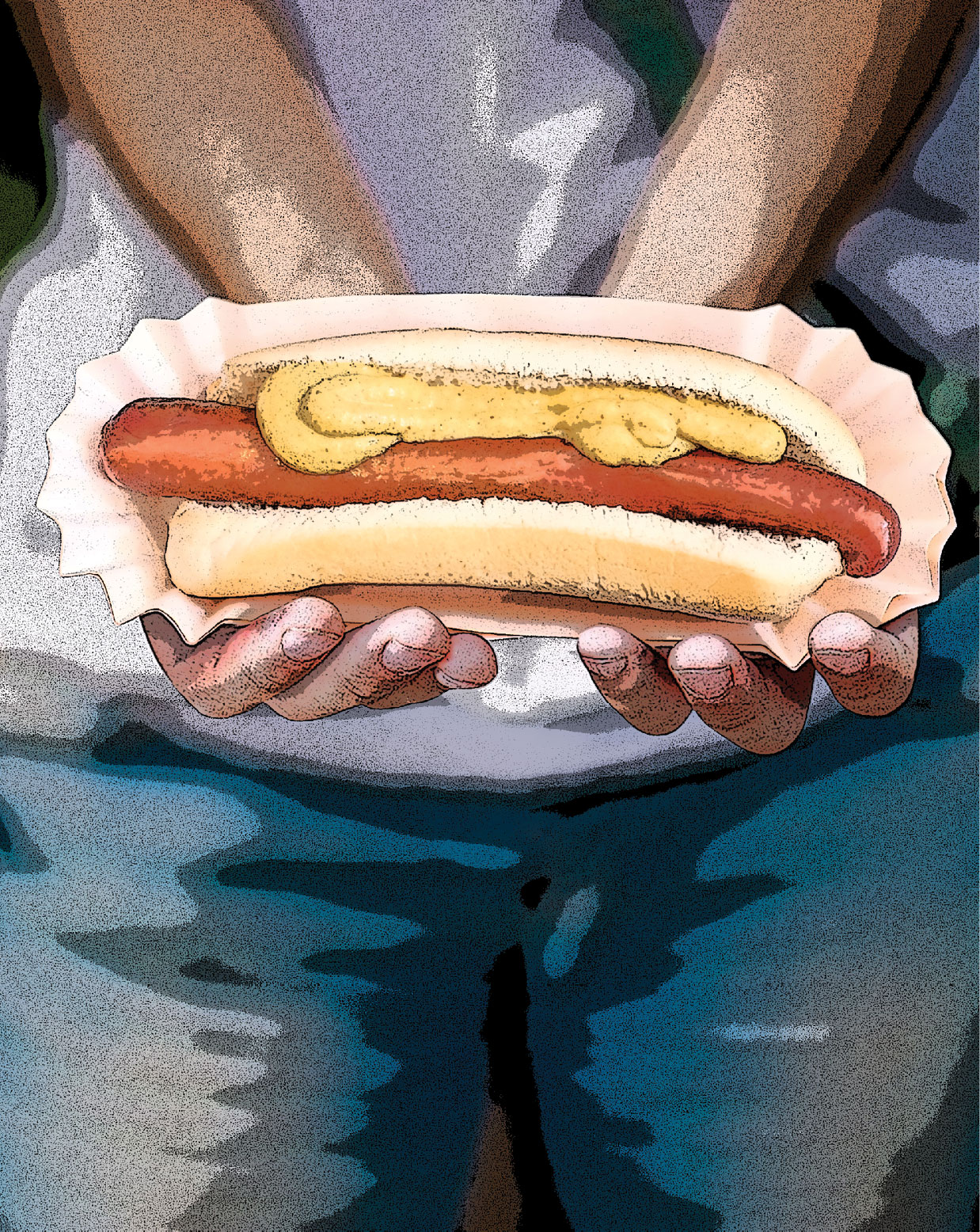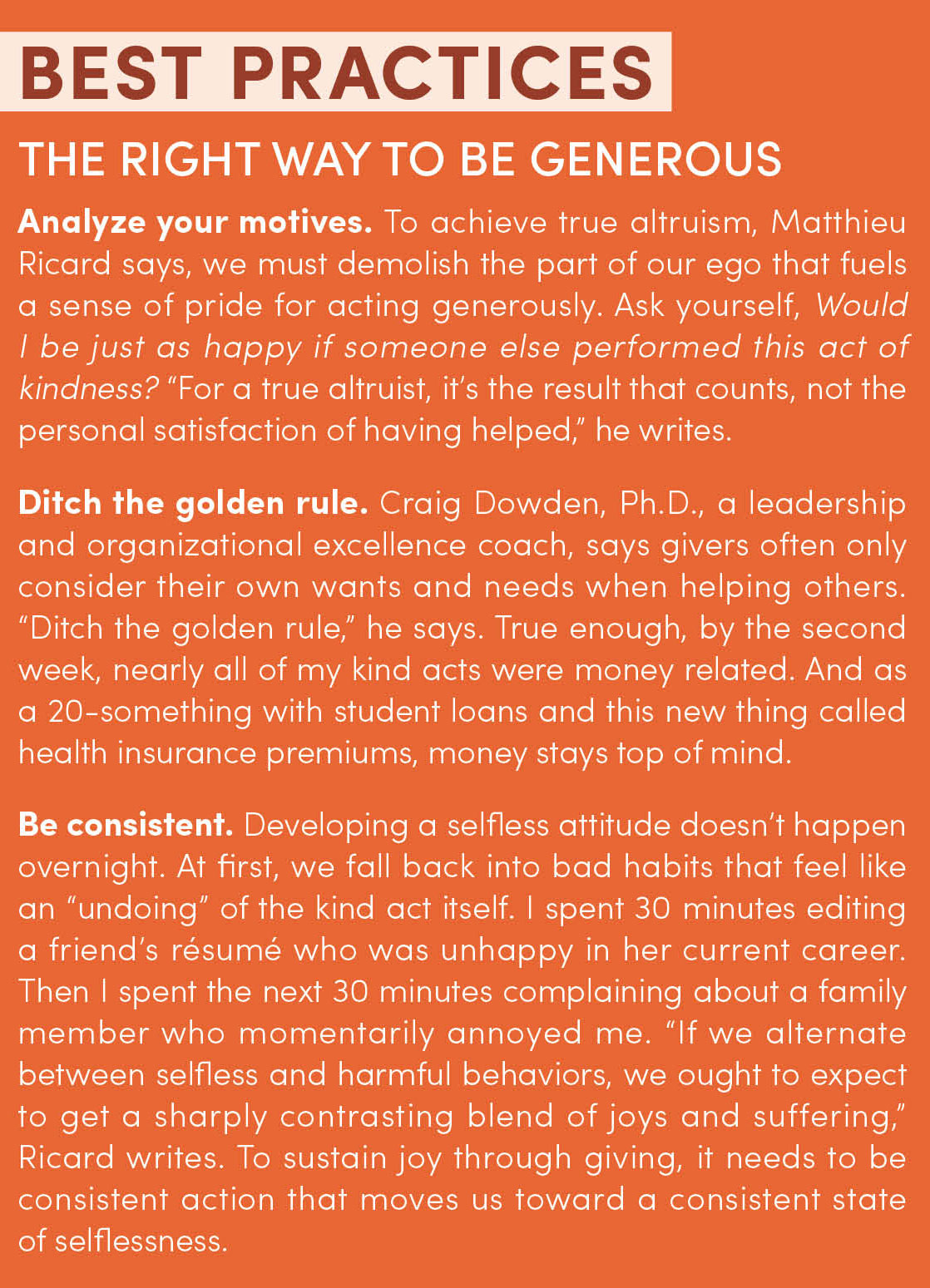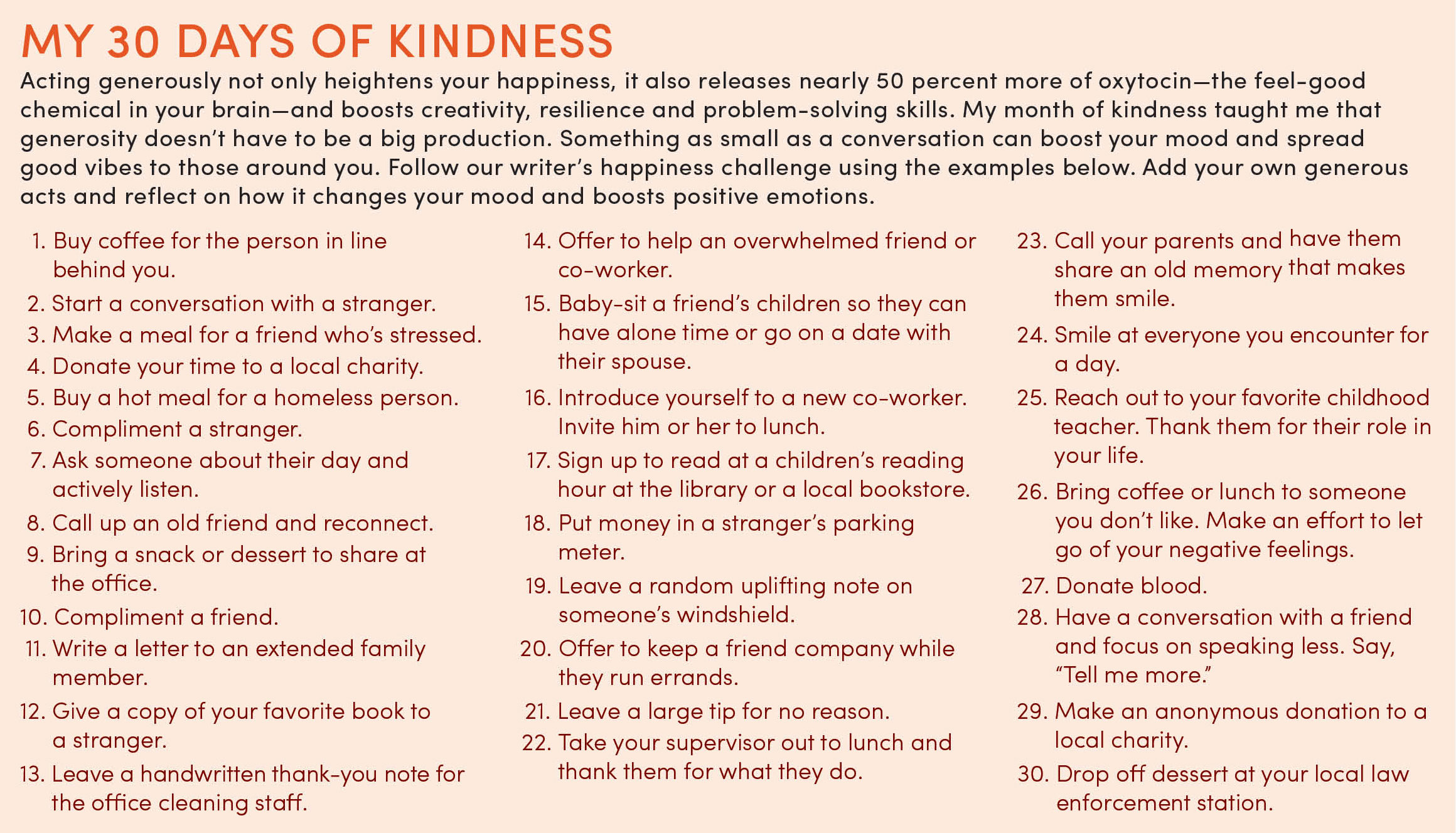I grew up in Washington, PA just about 30 miles south of Pittsburgh in an age where you had 3 channels on the TV and the PBS Channel. . .and that’s the one that Mr Rogers owned; I usually would be ‘watching’ my two younger brothers before dinner as my mom and sister were setting the table and putting the finishing touches on our meal.
Just say the word, NEIGHBOR and the first thing that comes to my mind, is Mr. Rogers and his little jingle as he was changing into his sweater and getting into the meat of his show.
When I watched this new video by J J Heller it took me right back to our living room with the smell of meatloaf and mashed potatoes battling the warm smell of a cake my mom had baked and just freshly applied her whipped icing.
J J reminisces too:
“I watched a Mr. Rogers clip the other day that made me cry.
He said, “You know the toughest thing is to love somebody who has done something mean to you… it’s very important to look inside yourself and find that loving part of you. That’s the part that you must take good care of and never be mean to, because that’s the part of you that allows you to love your neighbor. And your neighbor is anyone you happen to be with any time of your life.”
I’m sure I won’t get it right every time, but I don’t want to stop trying.
I hope you don’t stop trying either.
“When the chasm between us feels so wide
That it’s hard to imagine the other side
But we don’t have to see things eye to eye
For me to love you like
You are my neighbor”
 TO LOVE YOUR NEIGHBOR AS YOURSELF
TO LOVE YOUR NEIGHBOR AS YOURSELF
sometimes scares a lot of
N E I G H B O R S
. . well,
because sometimes
we just don’t love ourselves all that good. . .
but here, now,
may we love ourselves and our neighbors better;
may we tune in
and hear a humble, sincere invitation:























